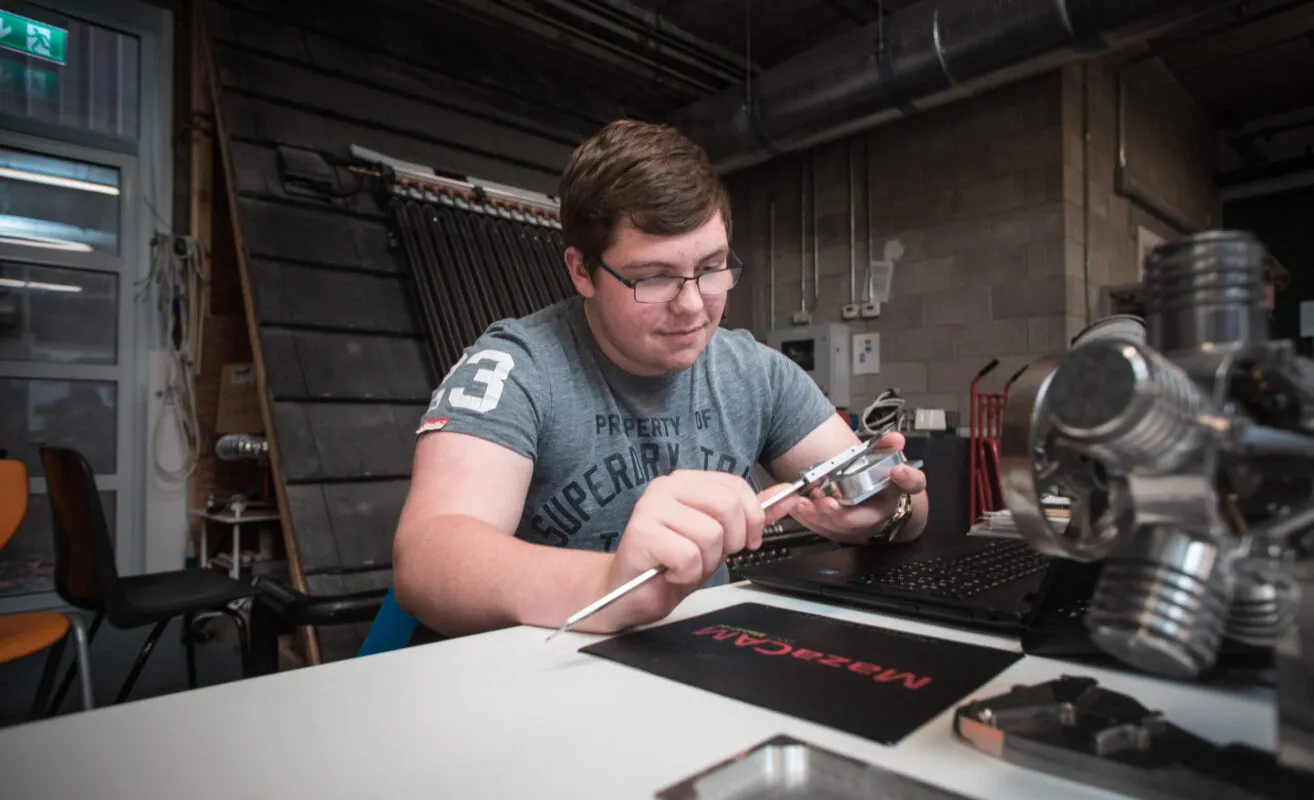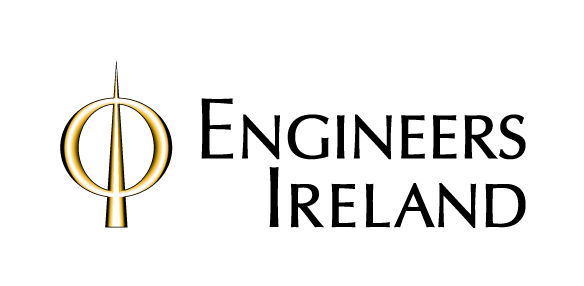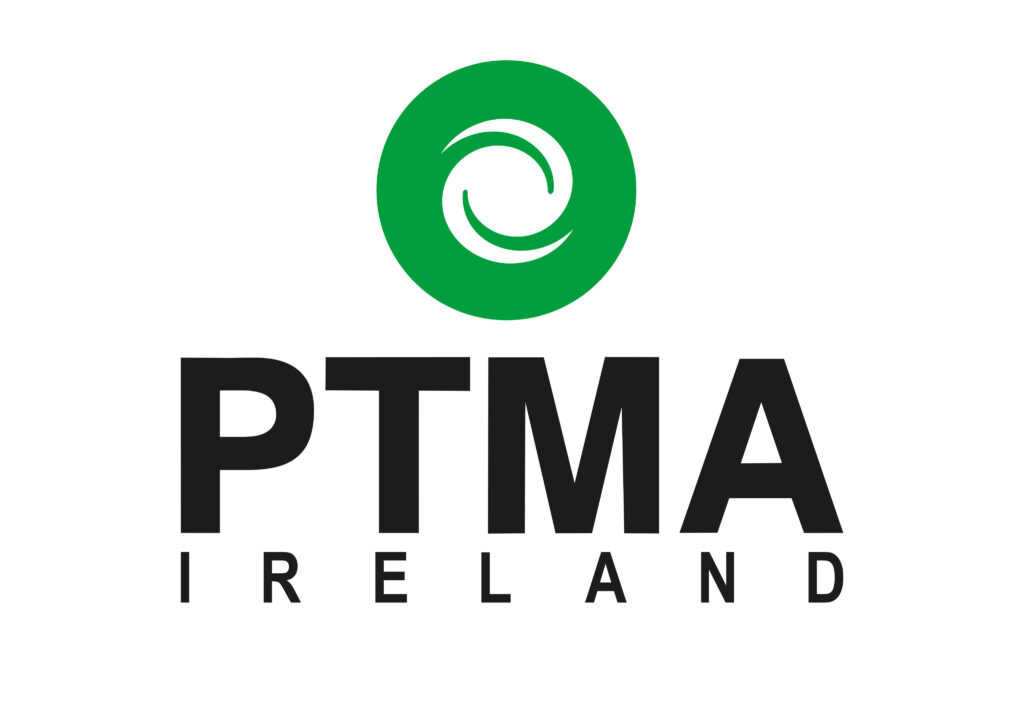Courses
Admissions & Support
Course Search
Courses
Admissions & Support
Course Search
Our Services
Our Community
Course Search
Professional Services
Campus: Moylish, Limerick City
years: 2

This level 6 Higher Certificate in Precision Engineering has been designed to respond to a need from industry, to fill a skills and knowledge gap in the high-level manufacturing sector in Ireland. Areas such as design for manufacture, CNC machining, CAD, CAM and quality control are all key elements of this programme.
This courses has been designed to utilise precision engineering specific modules and modules in mechanical engineering to meet industry needs.


This course has received an internationally recognised validation by Engineers Ireland and has also been endorsed by PTMA, who represent Engineering in Ireland.
Programme Leader
Ciarán O’Loughlin: Ciaran.OLoughlin@tus.ie
A minimum of 5 O6/H7 grades in Leaving Certificate subjects, including Mathematics and English or Irish.
Candidates applying as mature applicants may be required to attend an interview and may be requested to take an aptitude test to prove their suitability for a place on this programme.
Engineering Computing
Credits: 5
This module introduces the learner to ‘Microsoft Office 2016’ computing applications including MS Word, MS Excel, MS Powerpoint, MS Access and MS Project. Learners will start with basic applications and then progress through to an advanced level. The learner will develop a knowledge of how to apply the software to useful engineering applications such as formal report writing (laboratory), charting engineering data, producing equations and creating a technical database.
Engineering Technology
Credits: 15
This module aims to develop an understanding and a working knowledge of the engineering technology and materials used in industry. Using lathes, milling machines and other technology, the student will be able to manufacture components to tolerances and learn to read engineering drawings in an applied way.
Introduction to CNC Programming and Operation
Credits: 10
This module will introduce the learner to Computer Numerically Controlled (CNC) technology and machining processes and operations. The module is mainly focused on CNC programming, setting, and operation. The learner will create part programmes using ISO G and M codes and conversational programming techniques on CNC milling machines and CNC Lathes. Tool setup, work setting and safe operation of the machines are fundamental to the production of components and the learners will be actively using CNC machines to realise their programmes.
Introduction to Mechanical Engineering Maths
Credits: 10
Develop a recognition of the basics of engineering mathematics and use them to solve practical engineering problems.
Mechanical CAD and Design
Credits: 10
Engineering Drawing is an essential communication technique for those involved in Engineering, the aim of this module is to give the student a comprehensive introduction to the standards used in the preparation of Engineering drawings. Computer Aided Design (CAD) systems are now the typical means by which Engineering drawings are produced, students will use 2D and 3D CAD software to prepare a portfolio of their work.
Mechanical Engineering Science
Credits: 10
To develop an understanding of the basic laws of physics and their application to engineering in solving engineering problems.
CNC Programming (CAM), Setting and Operation
Credits: 10
Through the introduction of Computer Aided Manufacturing (CAM) software, the learner will develop a greater depth of knowledge in current CNC tooling technology and quality standards, and analyse tooling usage, speeds, feeds, operation sequencing and machining strategies for greater machining efficiency. The learner will use industrial standard CAM software to program for manufacture, as well as set up and operate CNC 3-axis and 5-axis milling machines and CNC lathes with milling capability to manufacture components typical to that produced in the precision engineering industry.
CAD & Design
Credits: 5
The use of computer-aided design (CAD) systems in industry has become an essential part of the modern working environment. It is used at all stages of the design period, from conceptualisation and production of working drawings.
Six Sigma and Metrology
Credits: 10
Metrology is the science of measurement and its practical application in industry is vital to ensuring quality. Six Sigma is a set of methods and tools used to improve business processes by reducing defects and errors, minimizing variation, and increasing quality and efficiency. This module is an introduction to the principles of Six Sigma and metrology standards.
Industrial Machine Mechanics – Statics and Dynamics
Credits: 10
This module aims to develop a knowledge of the fundamental principles of machine mechanics and dynamics of industrial machinery.
Mech Eng Maths & Programming
Credits: 10
Strengthen the knowledge of mathematical fundamentals with the aim of solving more complex practical Engineering problems. Developing programming, debugging and engineering computation skills using software such as Visual Basic in Excel.
Graduates will find work as a Precision Engineering Technician using CAD/CAM to design and develop complex components using CNC machines.
Positions that graduates have worked in include:
Successful graduates may continue onto year 3 of the level 7 in Precision Engineering or other suitable engineering courses.